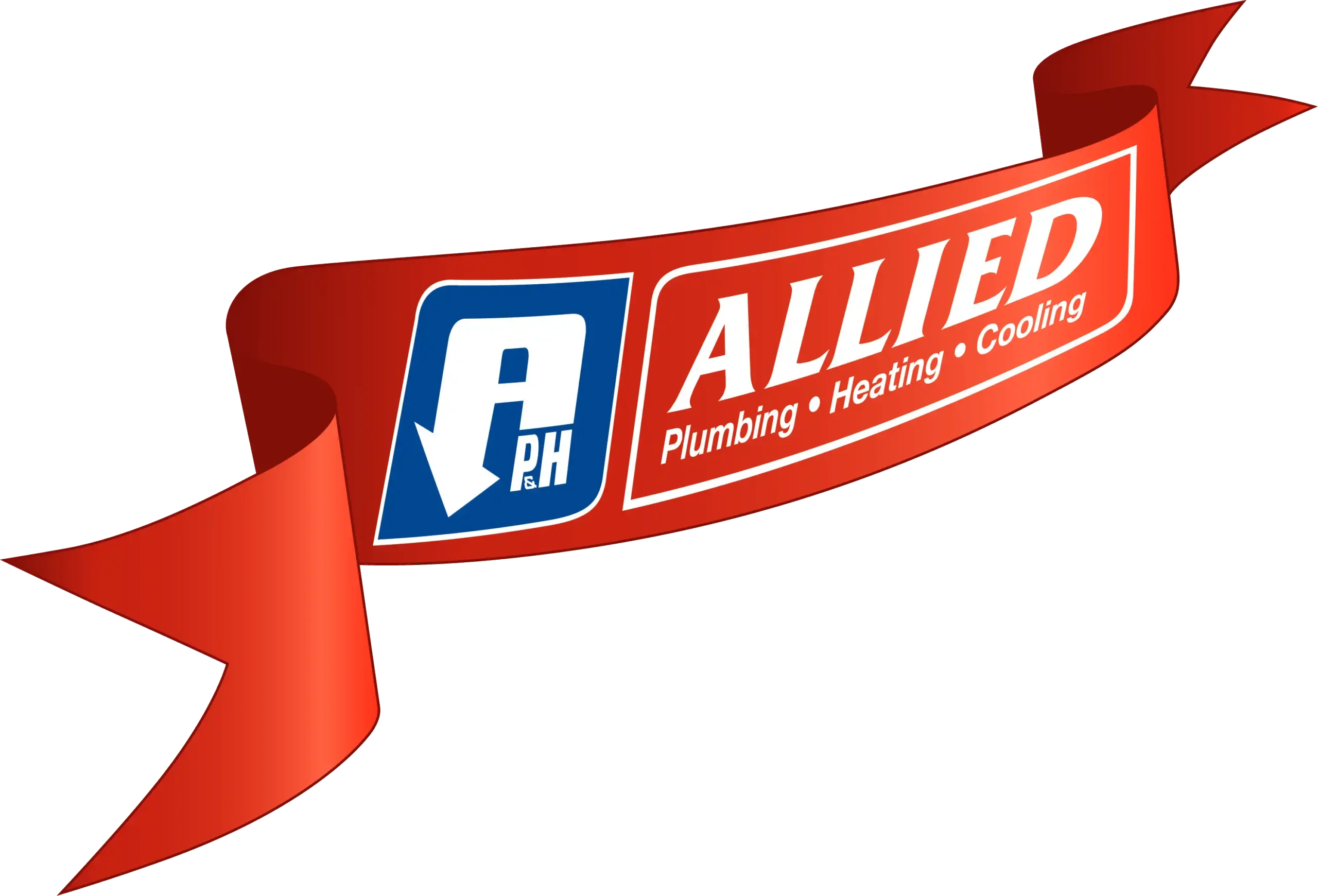Choosing the right furnace for your home is crucial for ensuring efficient and effective heating. A well-chosen furnace can provide you with consistent warmth, lower energy bills, and fewer breakdowns. However, with so many options available, it can be challenging to make the right decision. Understanding your home’s specific heating needs is the first step in selecting the perfect furnace.
Understanding Your Home’s Heating Requirements
Assessing Your Home’s Size and Insulation
When selecting a furnace, one of the first aspects to consider is the size of your home and its insulation quality. Larger homes naturally require more powerful furnaces to heat effectively. A furnace that is too small will struggle to maintain comfortable temperatures, leading to unnecessary wear and higher energy bills. Conversely, an oversized furnace will cycle on and off too frequently, wasting energy and potentially shortening its lifespan.
Insulation plays a crucial role in determining the appropriate heating capacity for your home. Well-insulated homes retain heat better, requiring less energy to maintain a comfortable temperature.
Considering Your Climate
Your local climate is another important factor when choosing a furnace. In colder climates, a furnace needs to be robust enough to handle extended periods of low temperatures. Homes in these regions may benefit from gas furnaces, which are typically more powerful and cost-effective for long-term use.
On the other hand, milder climates may not require such high-output systems. Electric furnaces or even heat pumps can be more economical and still provide sufficient heating. Take into consideration the typical weather patterns and the coldest temperatures your region experiences.
Types of Furnaces
Gas Furnaces
Gas furnaces are a popular choice for many homeowners due to their efficiency and cost-effectiveness, especially in colder climates. They use natural gas or propane to generate heat. One of the main advantages of gas furnaces is their ability to produce a significant amount of heat quickly. This makes them ideal for larger homes or regions with harsh winters.
However, gas furnaces do require access to a gas line, which may not be available in all areas. They also necessitate regular maintenance to ensure safe operation, as leaking gas can pose a safety risk.
Electric Furnaces
Electric furnaces are another option, especially for homes without access to natural gas. These furnaces use electric heating elements to warm the air, which is then distributed throughout the house. Electric furnaces are generally less expensive to install than gas furnaces and have fewer safety concerns since there’s no risk of gas leaks.
However, electric furnaces can be more costly to operate, as electricity is typically more expensive than natural gas. They are best suited for milder climates where the furnace does not need to work as hard.
Oil Furnaces
Oil furnaces are less common but still a viable option for homes in certain regions. They use oil stored in a tank to generate heat. Oil furnaces are known for their ability to produce a lot of heat, making them a good choice for colder climates. However, they require regular delivery of oil and proper storage, which can be less convenient than other heating options.
Oil furnaces also require regular maintenance to ensure efficient operation and to prevent issues such as soot buildup.
Key Features to Look For
Energy Efficiency Ratings
When choosing a furnace, energy efficiency is a key feature to consider. Furnaces with higher efficiency ratings use less fuel to produce the same amount of heat. This translates to lower energy bills and a reduced environmental impact. Look for furnaces with high Annual Fuel Utilization Efficiency (AFUE) ratings. Our professionals can explain these ratings and help you find a furnace that balances upfront costs with long-term savings.
Compatibility with Existing Ductwork
Another crucial feature is the furnace’s compatibility with your existing ductwork. Installing a new furnace that requires extensive modifications to your duct system can be costly and time-consuming. Ensure the furnace you choose can connect seamlessly with your home’s current ductwork. This minimizes installation time and reduces the likelihood of air leaks or other issues. Our technicians can assess your ductwork and recommend furnaces that integrate smoothly with your existing system.
Additional Features
Modern furnaces come with a range of additional features designed to enhance comfort and efficiency. Some of these features include:
- Smart Thermostats: These devices allow you to control your furnace remotely and set schedules that optimize heating efficiency.
- Variable Speed Blowers: Furnaces with variable speed blowers can adjust the airflow to maintain a consistent temperature, improving comfort and reducing energy usage.
- Noise Reduction: Advanced furnaces are designed to operate quietly, minimizing disruptions in your home.
Signs That It’s Time for a Furnace Replacement
Even with proper maintenance, furnaces will eventually reach the end of their lifespan. Knowing when to replace your furnace is crucial for avoiding unexpected breakdowns and ensuring continuous heating in your home. Some signs that it’s time for a furnace replacement include:
- Frequent Repairs: If you find yourself needing frequent furnace repairs, it may be more cost-effective to invest in a new system.
- Increased Energy Bills: An older furnace that struggles to maintain a consistent temperature can cause a noticeable increase in energy costs.
- Uneven Heating: Rooms that are too hot or too cold suggest that your furnace is no longer distributing heat evenly.
Conclusion
Choosing the right furnace for your home involves careful consideration of your heating needs, the type of furnace best suited for your conditions, and the key features that will ensure efficient and comfortable operation. Recognizing when it’s time for a furnace replacement can prevent unexpected failures and provide consistent heating for your home.
For expert assistance in furnace installation in Pleasant Plains, trust Allied Plumbing Heating & Cooling. Our professionals are ready to help ensure your home stays warm and comfortable. Contact us today to learn more about our services and how we can meet your heating needs!






